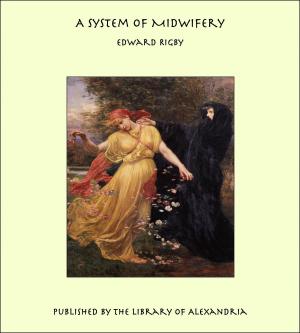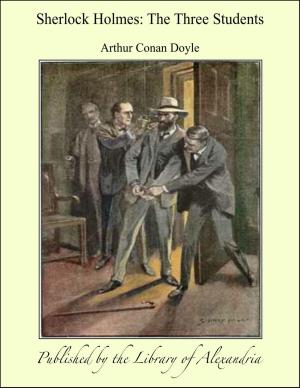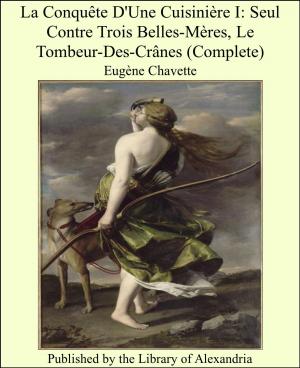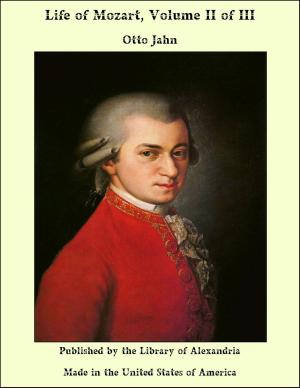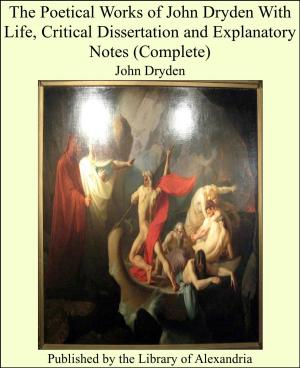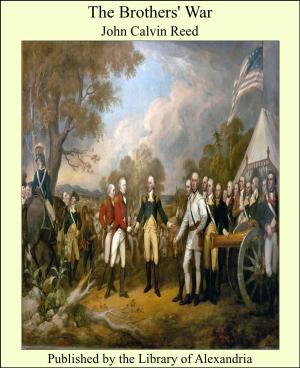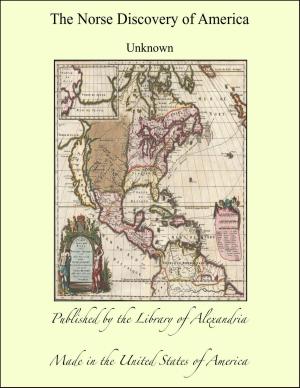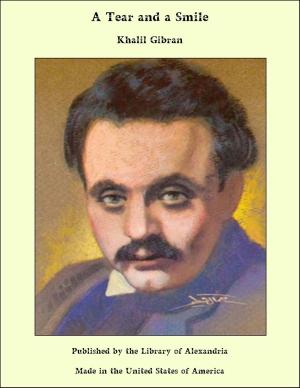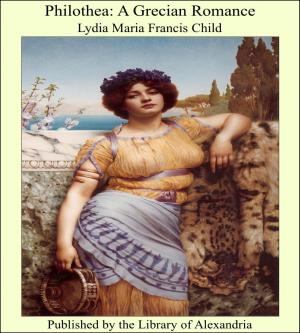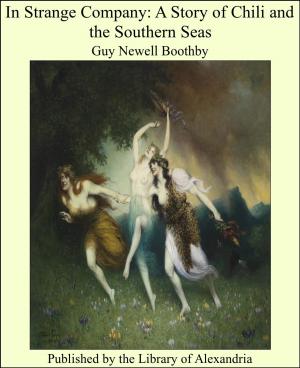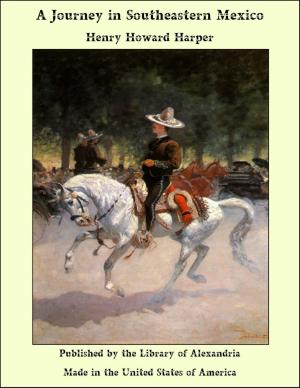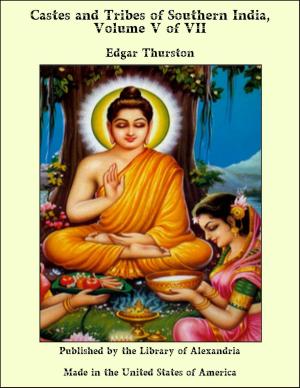Apostolic Teaching and Constitutions
Nonfiction, Religion & Spirituality, New Age, History, Fiction & Literature| Author: | The Pastor of Hermas et al. | ISBN: | 9781465555939 |
| Publisher: | Library of Alexandria | Publication: | July 29, 2009 |
| Imprint: | Library of Alexandria | Language: | English |
| Author: | The Pastor of Hermas et al. |
| ISBN: | 9781465555939 |
| Publisher: | Library of Alexandria |
| Publication: | July 29, 2009 |
| Imprint: | Library of Alexandria |
| Language: | English |
NOTICE TO CONSTITUTIONS OF THE HOLY APOSTLES HAVING learned from the erudite Beveridge what I long supposed to be a just view of the Constitutions, I have found in the recent literature of the subject not a little to increase my confidence in the generaI conclusions to which he was led by all that could be known in his times. The treatise of Krabbe guided me to some results of more modern investigations; and Dr. Bunsen, though not apart from his critics, has enabled me still further to correct some of my impressions. But, in connection with the late discovery of Bryennios, the field of discussion and inquiry has been so much enlarged, that I have felt it due to the readers and students of this republication to invoke the aid of Professor Riddle, who is able to enrich the work with the results of genuine learning and much patient research. Whatever may be my own convictions on some subordinate points, I have been glad to secure the judgment of a critical scholar who, I am persuaded, aims to shed upon the subject the colourless light of scientific investigation. This is all I can desire, anxious only to see facts clearly established and historic truth illustrated, no matter to what results they may seem to point. Where the professor’s decisions coincide with my own impressions, I am naturally gratified by his valued and independent corroboration: where the case is otherwise, I am hardly less gratified to present my indulgent readers with opinions deserving of their highest respect, and by which they will be stimulated, as well as influenced, in forming convictions for themselves. The Constitutions are so full of material on which it is well for one in my position not to speak very freely in such a work as this, that I rejoice all the more to confide the task of annotation almost exclusively to another and to one from whom American Christians must ever be glad to hear on subjects requiring in an almost equal degree the skill of an expert critic and the candour of a conscientious Christian. I prefix Professor Riddle’s PREFACE to the Introductory Notice of the Edinburgh editor, as follows:—NEW interest has been awakened in the Apostolic Constitutions by the discovery of an ancient manuscript in Constantinople.(1) While it does not contain the Constitutions, it affords much material for discussion respecting the sources and authorship of this compilation. The so-called Teaching of the Twelve Apostles, found in the Codex at Constantinople, and published by Bryennios in 1883, is recognised as the basis of the seventh book of the Constitutions. The verbal coincidences, the order of topics, and other obvious phenomena, leave little room for reasonable doubt on this point. That the reader may be in possession of the main facts, the corresponding portions have been indicated both in book vii. of the Constitutions and in the version of the Teaching inserted in this volume. This literary connection has some bearing on the discussion as to the age of the Constitutions. If the Teaching is substantially the early work bearing that name, then some of the references by early writers which have been applied to the larger work must now be regarded as pointing to the Teaching; still, this only bears against the theory of a date as early as the third century. The new critical material furnished by the Bryennios manuscript for the Ignatian controversy has a bearing on the question respecting the work before us. The opinion has been strengthened (see below), that the same hand enlarged the Ignatian Epistles and adapted earlier matter (such as the Teaching) for the Apostolic Constitutions
NOTICE TO CONSTITUTIONS OF THE HOLY APOSTLES HAVING learned from the erudite Beveridge what I long supposed to be a just view of the Constitutions, I have found in the recent literature of the subject not a little to increase my confidence in the generaI conclusions to which he was led by all that could be known in his times. The treatise of Krabbe guided me to some results of more modern investigations; and Dr. Bunsen, though not apart from his critics, has enabled me still further to correct some of my impressions. But, in connection with the late discovery of Bryennios, the field of discussion and inquiry has been so much enlarged, that I have felt it due to the readers and students of this republication to invoke the aid of Professor Riddle, who is able to enrich the work with the results of genuine learning and much patient research. Whatever may be my own convictions on some subordinate points, I have been glad to secure the judgment of a critical scholar who, I am persuaded, aims to shed upon the subject the colourless light of scientific investigation. This is all I can desire, anxious only to see facts clearly established and historic truth illustrated, no matter to what results they may seem to point. Where the professor’s decisions coincide with my own impressions, I am naturally gratified by his valued and independent corroboration: where the case is otherwise, I am hardly less gratified to present my indulgent readers with opinions deserving of their highest respect, and by which they will be stimulated, as well as influenced, in forming convictions for themselves. The Constitutions are so full of material on which it is well for one in my position not to speak very freely in such a work as this, that I rejoice all the more to confide the task of annotation almost exclusively to another and to one from whom American Christians must ever be glad to hear on subjects requiring in an almost equal degree the skill of an expert critic and the candour of a conscientious Christian. I prefix Professor Riddle’s PREFACE to the Introductory Notice of the Edinburgh editor, as follows:—NEW interest has been awakened in the Apostolic Constitutions by the discovery of an ancient manuscript in Constantinople.(1) While it does not contain the Constitutions, it affords much material for discussion respecting the sources and authorship of this compilation. The so-called Teaching of the Twelve Apostles, found in the Codex at Constantinople, and published by Bryennios in 1883, is recognised as the basis of the seventh book of the Constitutions. The verbal coincidences, the order of topics, and other obvious phenomena, leave little room for reasonable doubt on this point. That the reader may be in possession of the main facts, the corresponding portions have been indicated both in book vii. of the Constitutions and in the version of the Teaching inserted in this volume. This literary connection has some bearing on the discussion as to the age of the Constitutions. If the Teaching is substantially the early work bearing that name, then some of the references by early writers which have been applied to the larger work must now be regarded as pointing to the Teaching; still, this only bears against the theory of a date as early as the third century. The new critical material furnished by the Bryennios manuscript for the Ignatian controversy has a bearing on the question respecting the work before us. The opinion has been strengthened (see below), that the same hand enlarged the Ignatian Epistles and adapted earlier matter (such as the Teaching) for the Apostolic Constitutions

